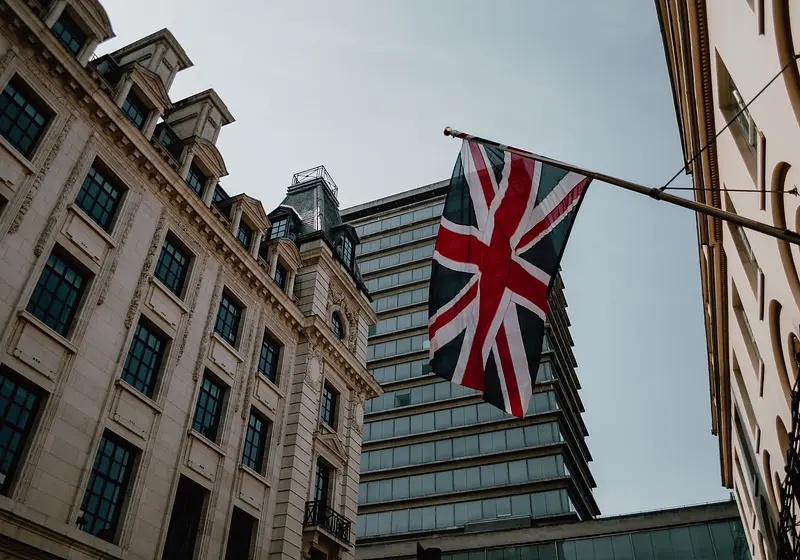What's Going On
A few days ago, British Parliament voted on Theresa May’s new deal, and to pretty much no one’s surprise it failed to pass yet again. For the very few of you who don’t know, the UK voted to leave the European Union in 2016 and is set to leave on March 29, 2019. On January 14, the parliament voted on the UK prime minister's (Theresa May) deal to leave.
However, her deal did not satisfy the remain or leave the side, and therefore was not passed. After months of negotiation, there was another vote on the 12th of March to determine what was going to happen. For the second time, her deal failed, leaving the UK in a difficult position considering they’ re still set to leave the EU on the 29th of March, which is only a few days away.
Members of Parliament have voted against leaving with a no-deal, which is a good thing considering a no-deal could wreak havoc on both the UK and European economies. However, just because it’s been voted against, does not mean a no-deal is impossible.
A no-deal would mean that the UK retreats from the European Union without coming to an agreement, leaving lots of uncertainties with regards to jobs, housing, and education. There would be many consequences such as losing EU subsidies, trade between other countries in the EU becoming more expensive and complicated, and lower economic growth.
A no-deal Brexit is in no-one’s best interest as people who voted to leave would not be getting the financial autonomy they were promised, and those who voted remain, would not get the financial benefits and perks of staying with the EU either.
Members of parliament have now voted for a delay in Brexit. However, this also poses it’s own set of problems. Since a delay has been voted for, May needs to request permission from the EU.
If all member states agree, then it’ll get postponed. If it doesn’t then they’re back to the no-deal.
Theresa May at the EU Council on December 14, 2018, Image via the UK government and Wikimedia Commons.
Let us slide into your dms 🥰
Get notified of top trending articles like this one every week! (we won't spam you)What Happens Now?
The government is planning to hold another vote within the next few days and then, if all goes well, May will go to the EU summit on the 21st of March. If the UK is given extra time, then it’s likely there’ll be renegotiations for a deal that would appeal to the majority. Another possibility is a referendum.
A referendum would mean a revote on Brexit and many people on social media find this to be the best option, but it doesn’t come without its complications. However, public opinion on Brexit has changed drastically since the initial referendum in 2016, and it seems as if people are much more informed on the situation than three years ago.
The campaign of misinformation that worked so well in 2016 is no longer as effective, and I think in the past two and a half years, people have educated themselves on the topic, and are more knowledgable on the impact of a Brexit on not only the British economy but also on the European one. This article from the BBC has really helpful diagrams that illustrate the possible outcomes of Brexit quite clearly, and I highly suggest you check it out.
Take the Quiz: Which Indian city is the perfect holiday spot for you!?
Let's match you with an Indian city that you would love!
Why do we need a second referendum?
I’ve heard this question being thrown around by many in response to the potential second referendum. A few people feel that democracy has spoken and that if the majority voted to leave in 2016, then that action should be held, because in not doing so, democracy would have “failed”. Well, public opinion has clearly changed, and if MP’s can’t come to an agreement, then what’s more democratic than listening to the people and choosing to re-vote?
There’ve been countless protests around the UK and Europe protesting Brexit. Current negotiations and possibilities for the UK’s exit from the European Union don’t suit anyone, regardless of whether or not one voted leave or remain. And, in 2016, there was a huge campaign of misinformation which spread ideas that there would be more financial autonomy, that trade would be cheaper, and that businesses would operate better when that is simply not the case.
Image via Wikimedia Commons; photo credit Chiral Jon, 2018
Imagine you’re a business in the UK, and as a result of being in the European Union, currency is standardized, taxes and barriers to entry don’t vary per country. If the UK were to leave the European Union, then as a business owner wanting to ship to different EU countries, you’d have to make personalized negotiations with each country, making trade incredibly difficult. For another, borders might pose a problem, and any deliveries coming in and out of the UK and Europe would have to be checked and controlled, depending on what Brexit deal would be negotiated.
At the end of the day, the 2016 vote led us to where we are today, and there needs to be some type of solution. All that those of us outside the UK can do is wait and hope for the best. Of course, if you live in the UK and a referendum does end up happening, make sure to stay educated, read the news, and go out and vote! Make your voices heard.













